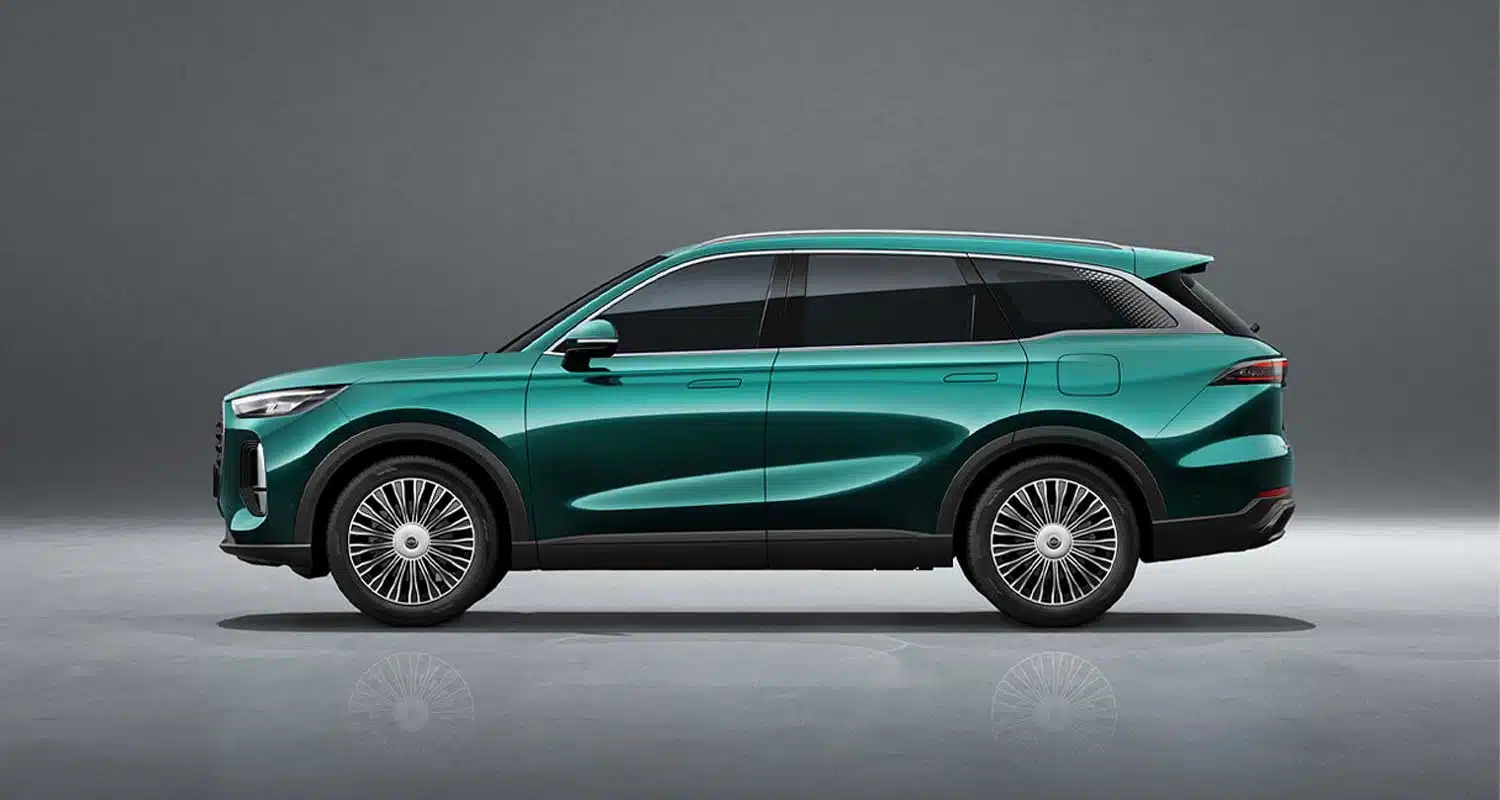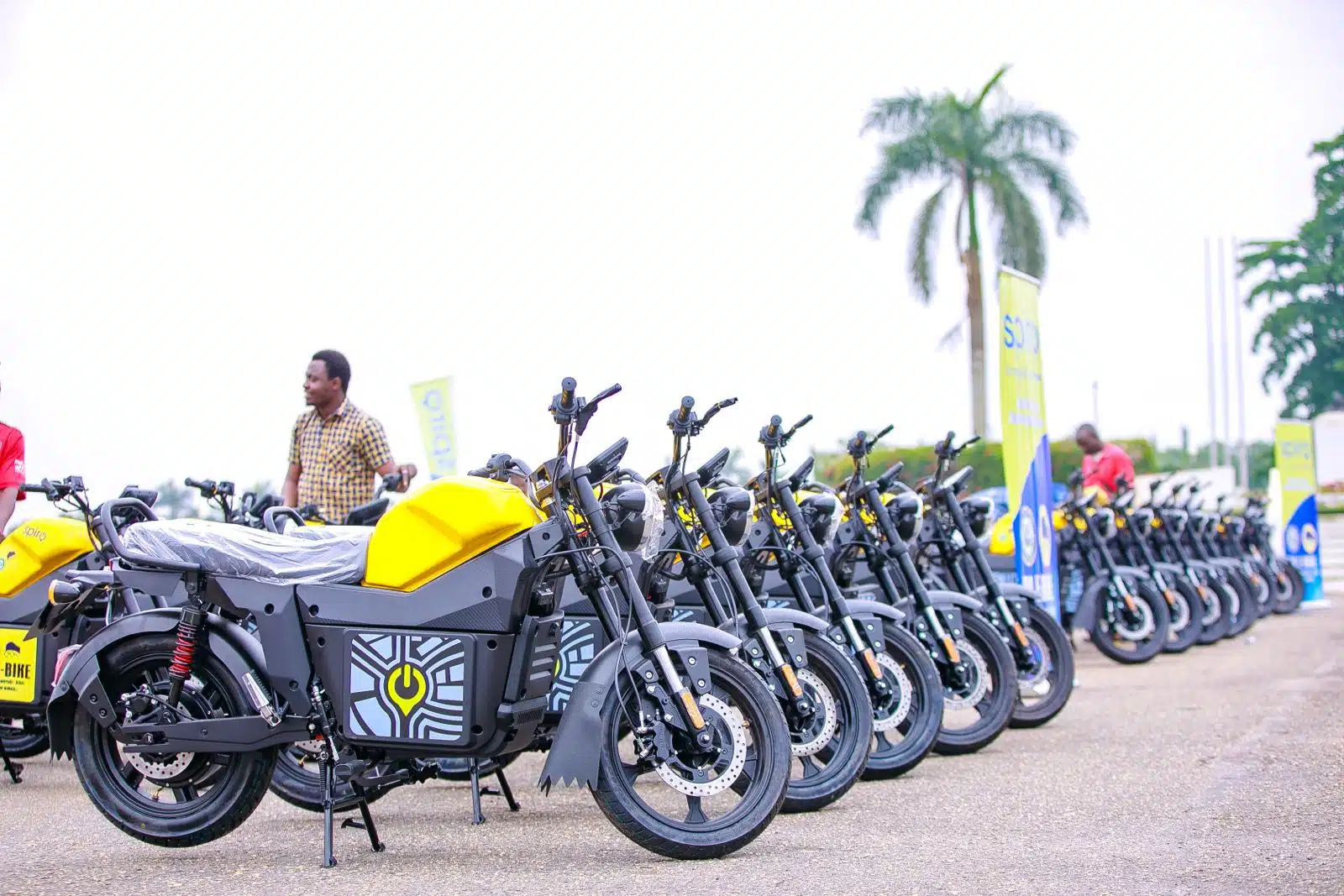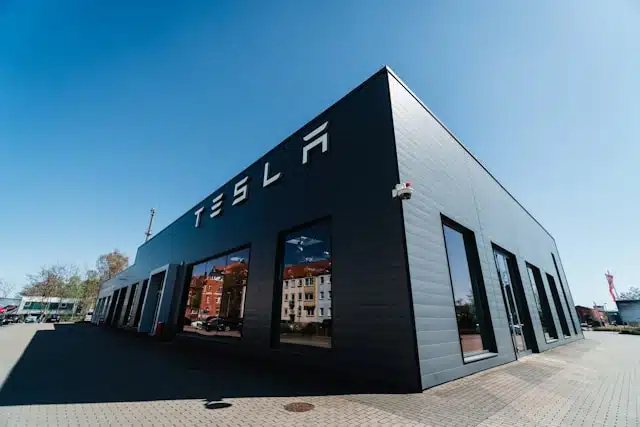The news
- Chery to introduce plug-in hybrids and fully electric vehicles in South Africa.
- The expansion aligns with South Africa’s new tax incentives aimed at attracting EV manufacturers.
- Chery’s move reflects a broader trend of Chinese EV makers investing in Africa amid global market shifts.
Chinese automaker Chery is set to expand its footprint in South Africa’s automotive market by introducing a range of electrified vehicles. The company announced plans to launch 19 new hybrid models globally in 2025, with the Tiggo 7, 8, and 9 CSH models leading the charge. These vehicles will feature Chery’s newly unveiled Super Hybrid (CSH) technology, which boasts a thermal efficiency of 46.5% and fuel consumption rates between 2 to 3 litres per 100 kilometres.
Chery’s initiative comes at a time when Africa is increasingly exploring electric vehicle (EV) adoption, despite facing significant infrastructure hurdles. In January, South Africa approved tax breaks for Chinese EV makers in a bid to lure Chinese investment into its automotive industry.
The company’s focus on hybrid technology offers a practical solution for markets like South Africa, where EV infrastructure is still developing. Jay Jay Botes, General Manager for Chery South Africa, expressed optimism about the potential impact of the Super Hybrid technology in the region.
“We believe Super Hybrid technology will become a key growth driver in markets like South Africa, especially as we expand our local line-up with electrified models later this year,” Botes said in a statement.
Additionally, the development is part of a larger trend of Chinese EV makers investing in Africa, seeking to expand their global footprint amid increasing competition and trade tensions in traditional markets like the US and Europe.
Currently, Chery’s offerings in South Africa include petrol-only models such as the Tiggo 4 Pro, Tiggo 7 Pro, Tiggo 8 Pro, and Tiggo Cross. The introduction of hybrid models marks a significant shift in the company’s strategy, aligning with global trends towards more sustainable transportation options.
Moreover, as the continent grapples with the challenges of EV adoption, including limited charging infrastructure and high vehicle costs, hybrid models like Chery’s CSH lineup could serve as a transitional solution. By offering improved fuel efficiency and reduced emissions without relying entirely on electric charging networks, these vehicles may appeal to a broader segment of consumers in South Africa and beyond.
Chery’s expansion into the hybrid market underscores the company’s commitment to innovation and adaptability in the face of evolving consumer demands and environmental considerations. As Africa continues to navigate the complexities of sustainable transportation, initiatives like Chery’s Super Hybrid technology could play a pivotal role in shaping the future of mobility on the continent.

Victoria Fakiya – Senior Writer
Techpoint Digest
Stop struggling to find your tech career path
Discover in-demand tech skills and build a standout portfolio in this FREE 5-day email course











